Italy’s culinary landscape offers more than just incredible restaurants and authentic trattorias—it provides hands-on opportunities to learn the techniques and traditions that have made Italian cuisine a beloved worldwide phenomenon. From rolling fresh pasta in medieval Tuscan villages to crafting perfect Neapolitan pizza in wood-fired ovens, cooking classes across Italy let you dive deep into regional specialties that vary dramatically from north to south.
These experiences go beyond simple recipe instructions, offering cultural immersion where you’ll understand why Italians treat food preparation as both art and heritage. The country’s cooking schools and culinary workshops range from professional academies that train future chefs to intimate family-run experiences where grandmothers share secrets passed down through generations.
Here is a list of 15 cooking classes across Italy that will transform you from an admiring observer of Italian cuisine into someone who can recreate authentic flavors in your kitchen.
Cooking Classes at Palazzo Altemps, Rome
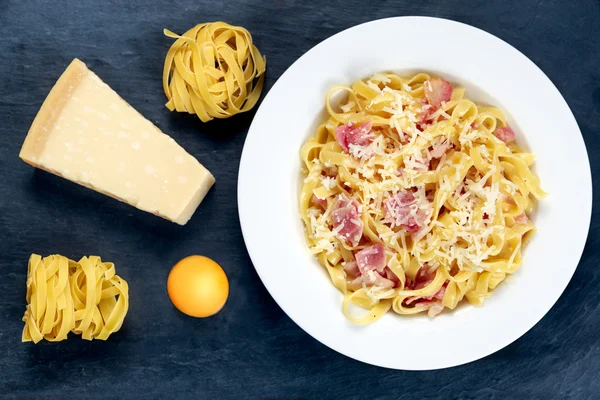
Palazzo Altemps offers cooking classes in a stunning Renaissance palace where participants learn to prepare classic Roman dishes like carbonara, cacio e pepe, and amatriciana in kitchens that overlook ancient courtyards. The classes focus on the simplicity that defines Roman cuisine, teaching how just a few quality ingredients can create dishes that have satisfied locals for centuries.
You’ll discover why Romans are so particular about their pasta techniques and learn the precise timing required to create silky sauces without scrambling the eggs.
Cucina Lorenzo de’ Medici, Florence
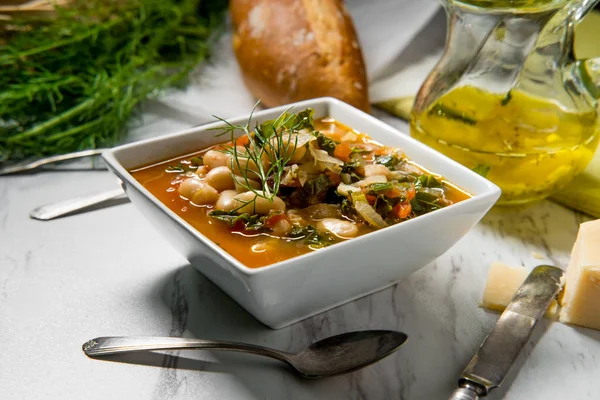
Cucina Lorenzo de’ Medici provides cooking classes in the heart of Florence, where students learn to prepare Tuscan classics using ingredients sourced fresh from local markets that same morning. The school emphasizes seasonal cooking and teaches participants how to select the perfect vegetables, herbs, and meats that form the foundation of authentic Tuscan cuisine.
Classes often include market tours where instructors explain how to identify quality ingredients and negotiate with vendors like a true Florentine.
Like Travel Pug’s content? Follow us on MSN.
La Vecchia Scuola Bolognese, Bologna

La Vecchia Scuola Bolognese specializes in teaching the art of handmade pasta in the city that many consider the pasta capital of Italy. Students learn to make tortellini, tagliatelle, and lasagne using techniques that Bolognese families have perfected over generations.
The school’s intimate setting allows for personalized instruction in rolling pasta to the precise thickness that creates the perfect texture for each sauce.
Associazione Pizzaiuoli Napoletani, Naples
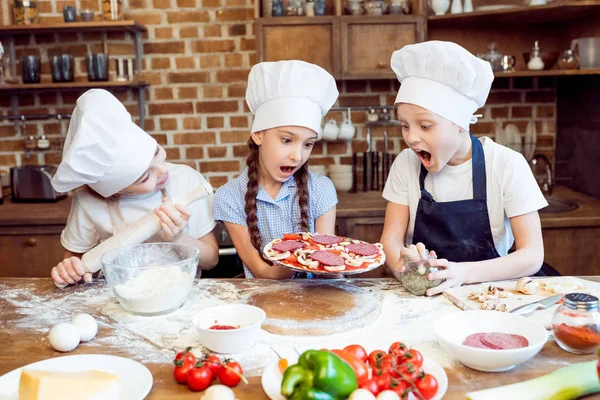
Associazione Pizzaiuoli Napoletani offers pizza-making classes taught by certified Neapolitan pizzaiolos who guard the secrets of authentic Neapolitan pizza like sacred knowledge. Students learn to work with high-hydration dough, understand proper fermentation times, and master the art of cooking in wood-fired ovens that reach temperatures exceeding 900 degrees Fahrenheit.
The classes reveal why Neapolitan pizza earned UNESCO recognition and why attempts to replicate it elsewhere often fall short.
Palazzo Stern Cooking School, Venice
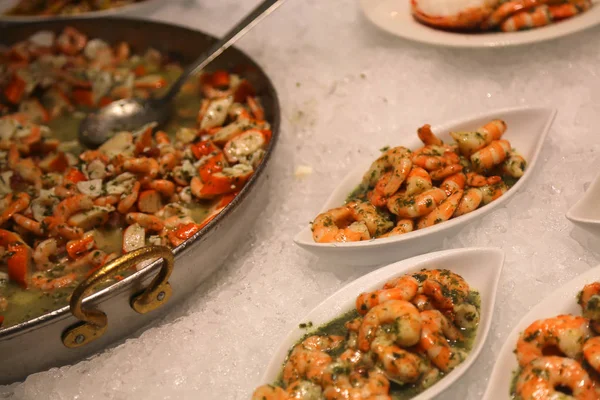
Palazzo Stern’s cooking classes take place in a 15th-century palazzo overlooking the Grand Canal, where participants learn Venetian cuisine that reflects the city’s history as a maritime trading empire. The curriculum includes dishes featuring fresh seafood from the Adriatic, risottos made with Vialone Nano rice, and preparations that showcase ingredients brought to Venice by centuries of merchants.
Students discover how Venice’s unique geography created a cuisine unlike anywhere else in Italy.
Like Travel Pug’s content? Follow us on MSN.
Eataly Milano Cooking Classes, Milan
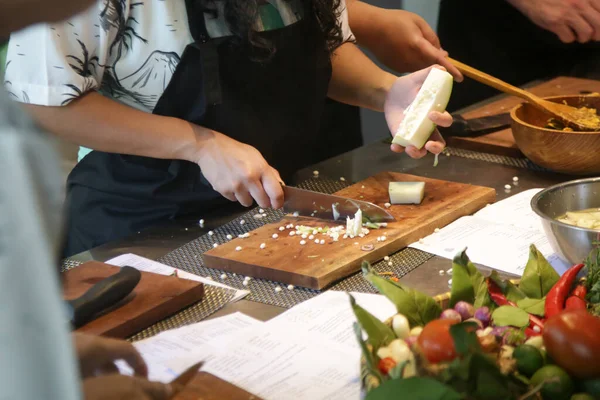
Eataly Milano offers modern cooking classes that blend traditional Italian techniques with contemporary presentation and international influences reflecting Milan’s cosmopolitan character. The classes take place in state-of-the-art kitchens where students learn both classic preparations and innovative approaches that Italian chefs are developing for modern palates.
Participants gain skills that work equally well for weeknight dinners and entertaining guests who expect Instagram-worthy presentations.
Casa Planeta Cooking School, Palermo
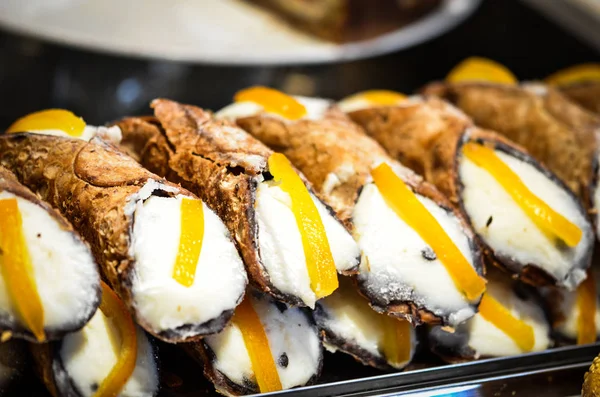
Casa Planeta’s cooking classes in Palermo introduce participants to Sicilian cuisine that blends Italian, Arab, Spanish, and North African influences into dishes found nowhere else in the world. Students learn to prepare caponata, arancini, and pasta alla norma while understanding how Sicily’s complex history created this unique culinary fusion.
The classes often include visits to local markets where the instructor explains how to identify the best blood oranges, pistachios, and other ingredients that make Sicilian cuisine distinctive.
Osteria del Borgo Cooking Classes, Modena
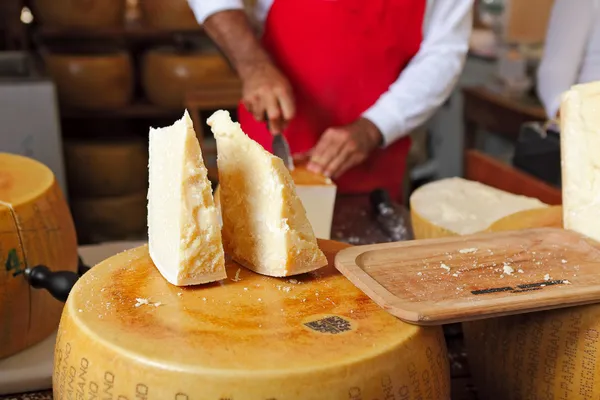
Osteria del Borgo offers cooking classes in Modena that focus on Emilian cuisine and the proper use of the region’s world-famous ingredients like Parmigiano-Reggiano and traditional balsamic vinegar. Students learn to make fresh tortellini and cappelletti while understanding why the shape and filling ratios matter so much to local families.
The classes include tastings of aged balsamic vinegar that help participants understand the difference between authentic products and mass-market imitations.
Like Travel Pug’s content? Follow us on MSN.
Alma Cooking School, Parma
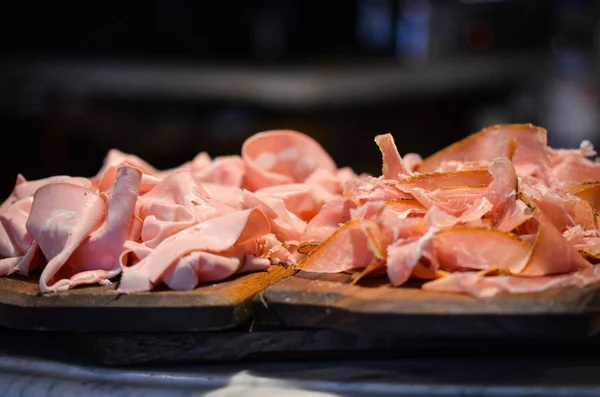
Alma Cooking School in Parma offers professional-level classes that dive deep into Emilian cuisine and the production of the region’s famous cured meats and cheeses. Students learn proper techniques for aging Parmigiano-Reggiano and prosciutto di Parma while understanding the geographical and climatic factors that make these products impossible to replicate elsewhere.
The classes provide insider knowledge about quality standards and aging processes that separate authentic products from mass-produced alternatives.
Awaiting Table Cooking School, Lecce
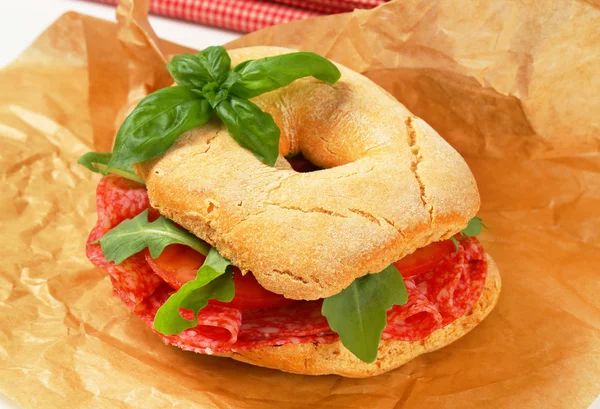
Awaiting Table Cooking School in Lecce focuses on Puglian cuisine, showcasing the region’s exceptional olive oil, vegetables, and seafood from both the Adriatic and Ionian seas. Students learn to make orecchiette pasta by hand and prepare dishes that highlight the bold flavors of southern Italian cooking.
The classes emphasize techniques for working with the robust ingredients that thrive in Puglia’s warm climate and limestone-rich soil.
Villa San Martino Cooking Classes, Verona
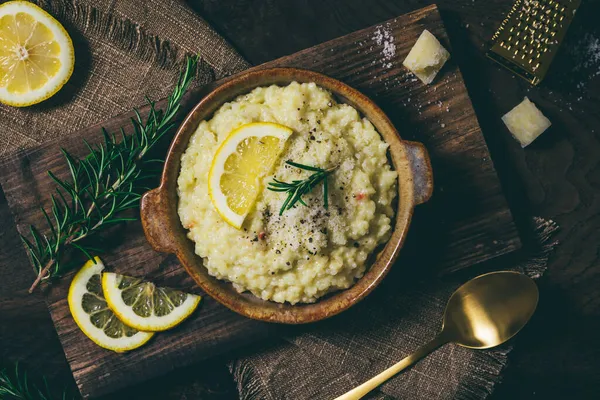
Villa San Martino offers cooking classes in a restored 16th-century villa where participants learn Veneto region cuisine that pairs perfectly with local wines from Valpolicella and Soave. Students discover how to prepare risotto all’amarone and other dishes that incorporate the region’s famous wines into the cooking process.
The classes provide insights into food and wine pairing principles that Italian families consider essential for proper entertaining.
Like Travel Pug’s content? Follow us on MSN.
Badia Cooking School, Catania
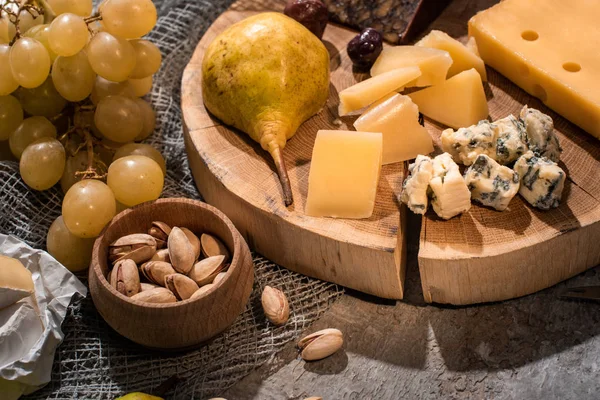
Badia Cooking School in Catania provides classes that explore eastern Sicilian cuisine influenced by Mount Etna’s volcanic soil and the abundance of seafood from the Ionian Sea. Students learn to prepare dishes featuring pistachios from Bronte, blood oranges from the volcanic slopes, and fresh ricotta that Sicilian families use in both savory and sweet preparations.
The classes reveal how volcanic activity creates unique growing conditions that produce ingredients with distinctive flavors found nowhere else.
Il Genovese Cooking School, Genoa
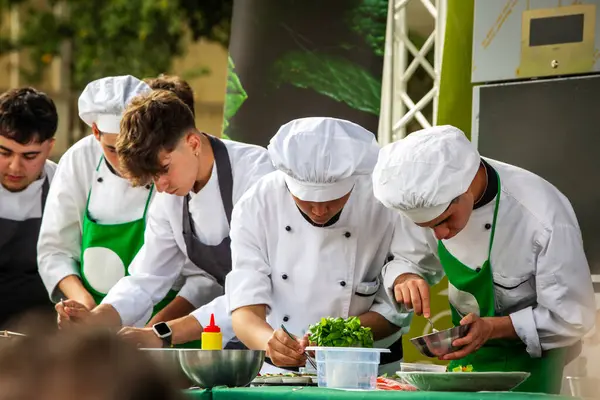
Il Genovese Cooking School specializes in Ligurian cuisine, teaching students to make authentic pesto using only Genovese basil, Ligurian olive oil, and proper mortar and pestle techniques that create the correct texture and flavor balance. Participants learn to prepare focaccia col formaggio and farinata while understanding how Genoa’s position as a historic port city influenced its cuisine.
The classes emphasize the importance of using specific local ingredients that make Ligurian dishes impossible to replicate authentically elsewhere.
Umbria Culinary Adventures, Perugia
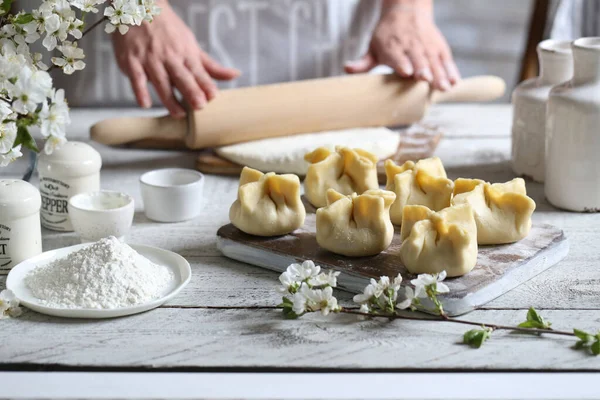
Umbria Culinary Adventures offers cooking classes in Perugia that focus on the rustic cuisine of central Italy, where students learn to work with truffles, wild boar, and other ingredients that thrive in Umbria’s hills and forests. Participants discover traditional techniques for preserving meats and vegetables that allowed Umbrian families to eat well throughout harsh winters.
The classes provide hands-on experience with wood-fired ovens and other traditional cooking methods that produce flavors impossible to achieve with modern appliances.
Like Travel Pug’s content? Follow us on MSN.
Rimini Cooking Experience, Rimini
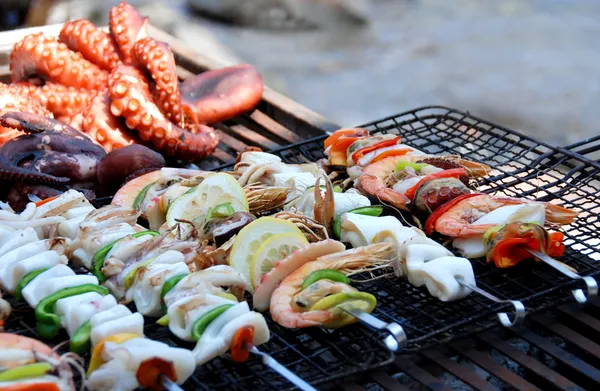
Rimini Cooking Experience provides classes that explore Adriatic coast cuisine, where students learn to prepare seafood dishes that showcase the day’s catch from local fishing boats. Participants master techniques for cooking different types of fish and shellfish while understanding how to select the freshest ingredients from coastal markets.
The classes emphasize simple preparations that allow the natural flavors of high-quality seafood to shine without overwhelming seasonings or complicated sauces.
From Nonna’s Kitchen to Global Recognition

Italy’s cooking classes represent the evolution of culinary education from informal family transmission to structured programs that preserve traditional techniques while making them accessible to international students. What once happened exclusively in Italian homes—where recipes passed from mothers to daughters through observation and repetition—now takes place in professional kitchens, where certified instructors can explain the science behind techniques that previous generations learned purely through practice.
These cooking schools serve as cultural ambassadors, ensuring that authentic Italian culinary traditions survive globalization and mass production while adapting to modern dietary preferences and cooking equipment. Today’s cooking class participants become advocates for authentic Italian cuisine, returning home with skills and knowledge that help preserve regional specialties in an increasingly homogenized food world.
The classes prove that Italian cuisine’s greatest strength lies not in complexity but in the deep understanding of how simple, quality ingredients can create extraordinary results when treated with proper respect and technique.
More from Travel Pug

- 20 Best Beach Towns in the Carolinas
- 13 Destinations Where Tourists Regularly Regret Their Trip
- 20 Things You Actually Get in First Class
- 20 Small Airports With Aviation Museums
- 20 Places in the U.S. That Are Perfect for a Reset Trip
Like Travel Pug’s content? Follow us on MSN.
